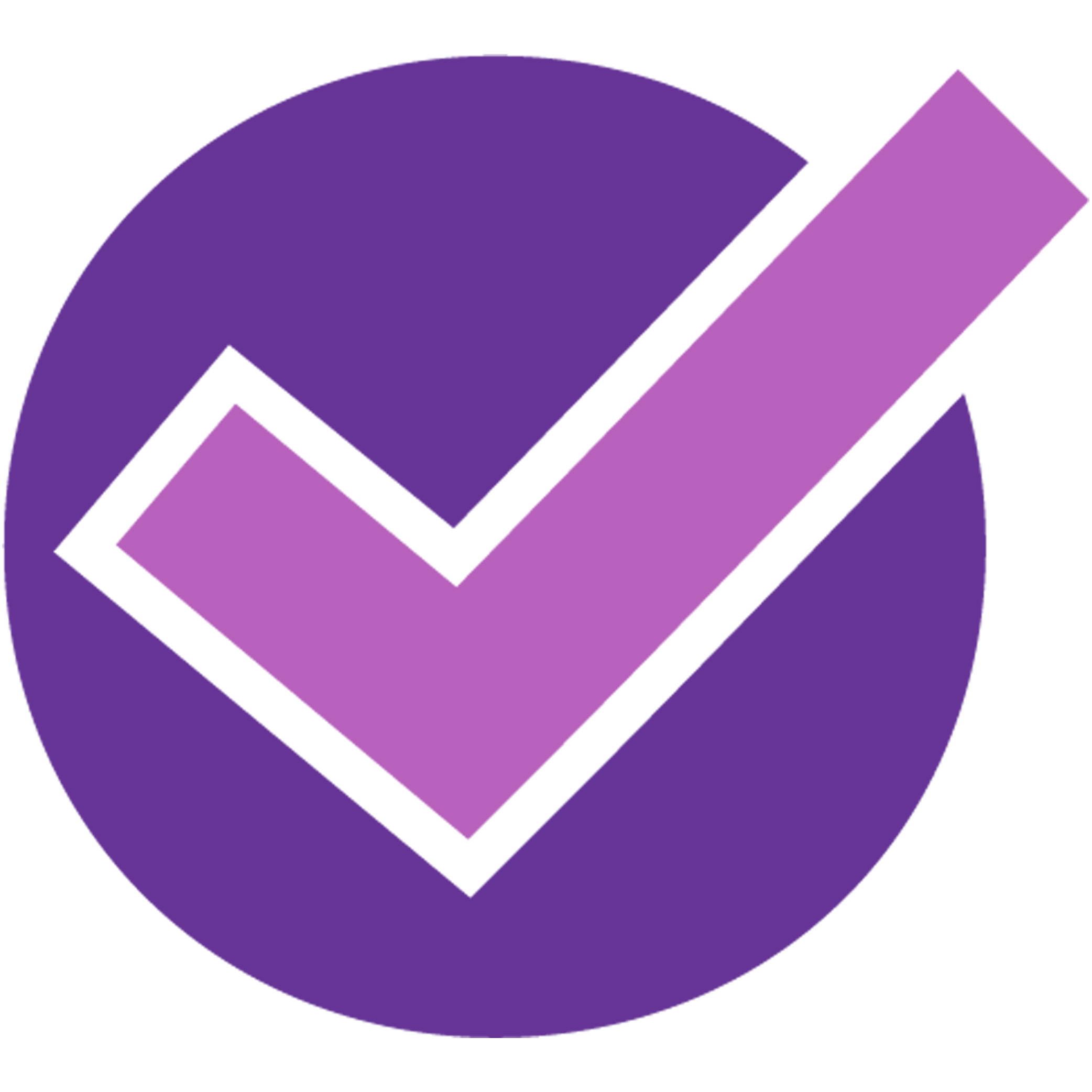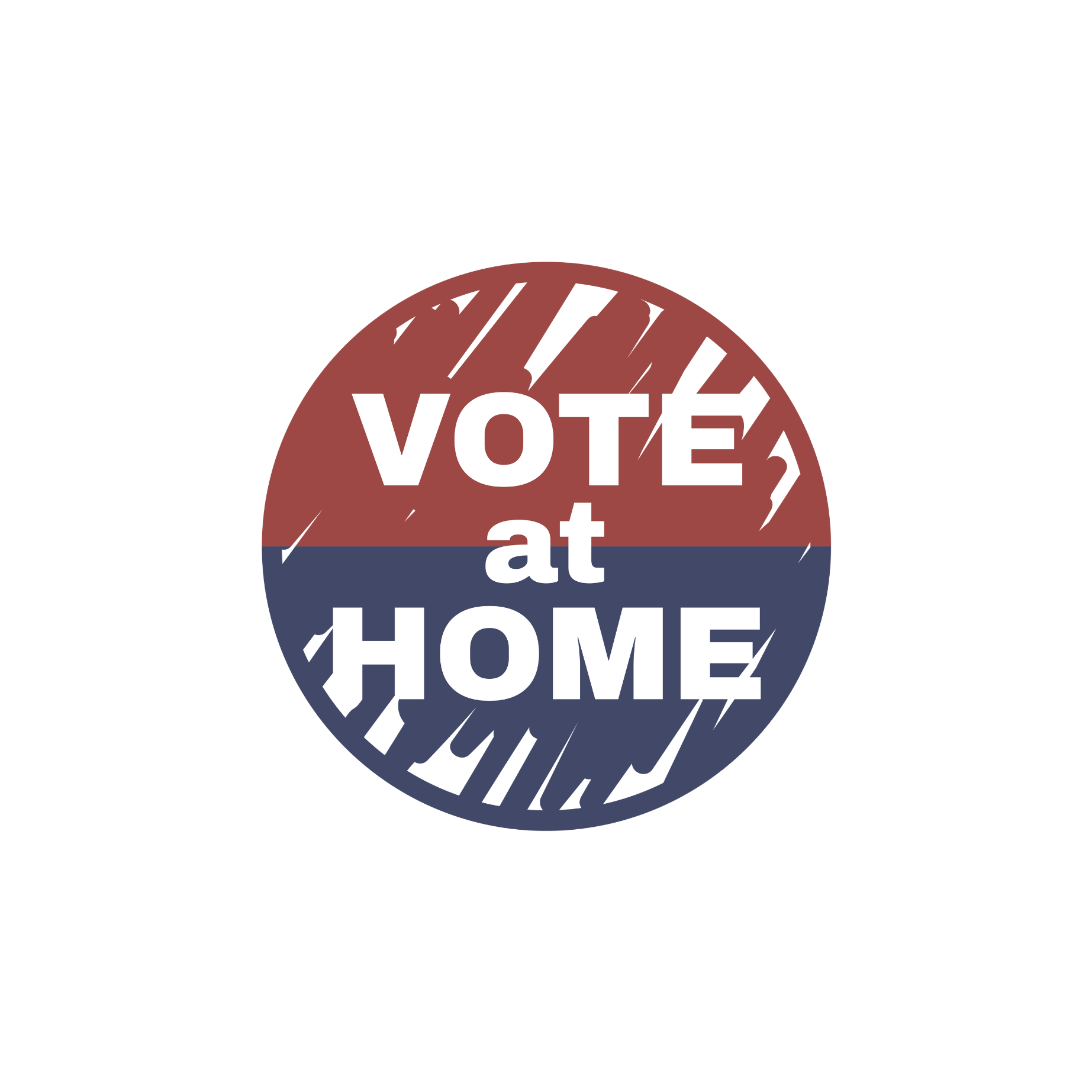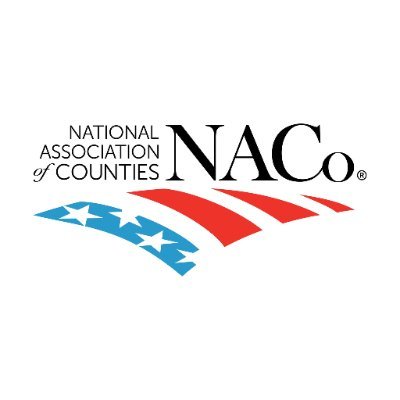Every two years, the U.S. Census Bureau releases a comprehensive report on voting turnout patterns among states and key demographic groups for the most recent general election. The latest report on the November 2024 election showed once again the turnout-boosting power of Vote at Home election systems: when more voters have their ballots delivered to them, more of them vote.
A unique element of the Census data is information on non-voters and what kept them from casting a ballot. Many of those reasons are eliminated by automatically mailing a ballot to every voter: “out of town,” “transportation problems” “bad weather” or “inconvenient polling place” are irrelevant when your ballot is automatically delivered to you, and you can mail it or return it in person at your convenience.
According to the 2024 Census report, 44% of non-voters in non-Western states cited such logistical barriers. These regions had low use of mail ballots: 21% in the Northeast, 18% in the Midwest, and 11% in the South (Table 14).
But in the 13 Western states, where 74% of those voting said they voted with mail ballots, just 34% of non-voters cited the same reasons (Table 10).
Overall, about 50 million registered voters did not vote in 2024, according to official state voter registration records. Having 10% fewer voters thwarted by logistical hurdles could have resulted in 5 million additional ballots cast nationwide.
“There’s no simpler or more powerful approach to both protect voting rights and dramatically boost voter participation than adopting the ‘Vote at Home’ election system approach now used in eight states and the District of Columbia,” said NVAHI Executive Director Barbara Smith Warner.
Oregon, which pioneered Universal Vote at Home elections in 2000, continues to lead the nation in turnout despite not being a battleground state or having a US Senate or gubernatorial race on the ballot in 2024.
“Voting is a fundamental American right, and it’s our duty to make sure every citizen can exercise that right. Voting from home is the safe, secure, and efficient way for Americans to hold their politicians accountable, and the numbers here in Oregon prove it,” said Oregon Secretary of State, Tobias Read. “I’m proud that our state is leading the way, and everyone who agrees that elections must reflect the will of the people should follow our lead.”
Other highlights from Oregon’s turnout include:
75.27% turnout among eligible citizens — second only to Minnesota and 10 points above the national average (Table 4b).
Among Hispanic voters, Oregon’s turnout ranked 6th nationally at 62%, 12 points above the national average.
Among voters aged 18–44, Oregon ranked 5th; among those 65 and older, it ranked 2nd; both 10 points above national rates.
Oregon outperformed all seven 2024 presidential battleground states, despite their record-breaking campaign spending and voter outreach (Table 4c).
Notably, Black voter turnout in Oregon — a state with a relatively small Black population — ranked #1 in the nation at nearly 80% (Table 4b).
About National Vote At Home Institute
The National Vote at Home Institute is a nonpartisan, nonprofit organization that works to increase voters’ access to, use of and confidence in mailed-out ballots. Since 2018, NVAHI has helped policymakers and election administrators facilitate innovation of Vote at Home systems by providing resources and best practices on research, policy and communications. Our long-range vision is a nationwide Universal Vote at Home election system in which all active registered voters are automatically delivered their mailed-out ballot, to be returned by postage-free mail or in person to a wide range of secure locations, can track them online in real-time, and easily and promptly correct any administrative errors.


